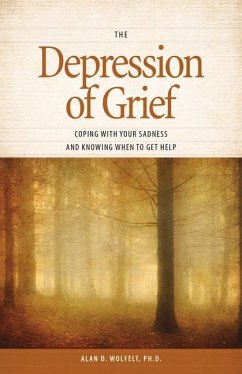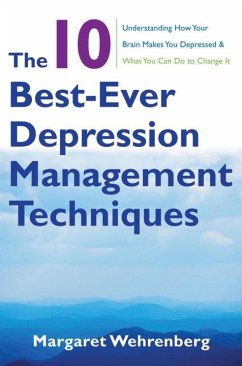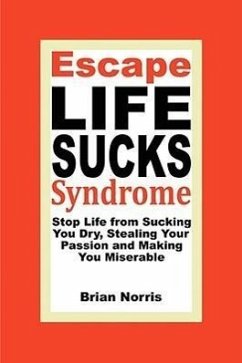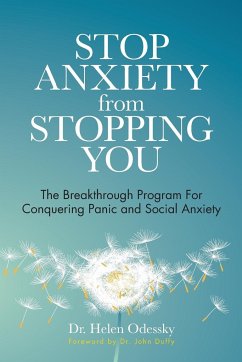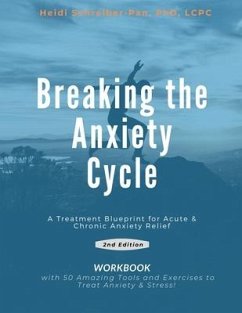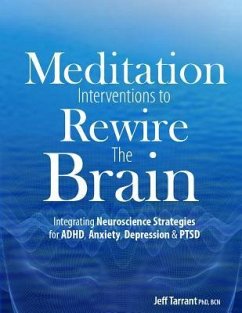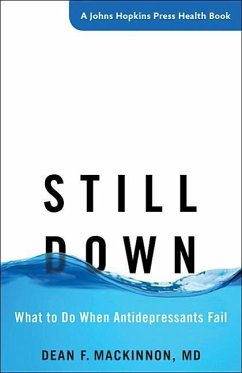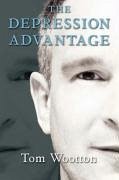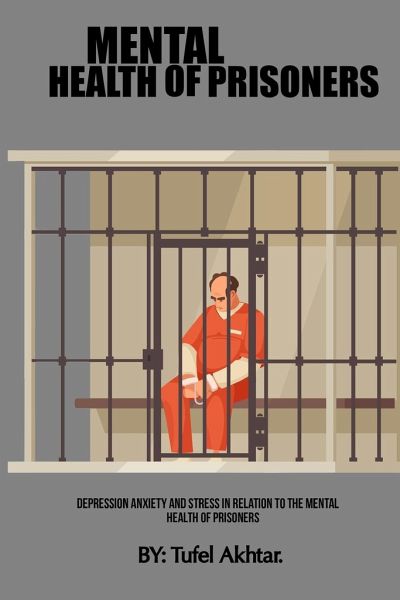
Depression Anxiety And Stress In Relation To The Mental Health Of Prisoners
Versandkostenfrei!
Versandfertig in 2-4 Wochen
63,99 €
inkl. MwSt.

PAYBACK Punkte
32 °P sammeln!
INTRODUCTION AND REVIEW OF LITERATURE Mental health issues are most common among inmates, with prevalence much higher than in the general population. More than 10.2 million people are held in penal institutions throughout the world. Among these individuals, the United States has the highest prison population approximately 2.24 million (Walmsley, 2015). Indian prisons have been housing more inmates than their capacity for decades now and this problem of overcrowded prisons is only getting worse, according to a report on prison statistics for 2019 released by the National Crime Records Bureau ea...
INTRODUCTION AND REVIEW OF LITERATURE Mental health issues are most common among inmates, with prevalence much higher than in the general population. More than 10.2 million people are held in penal institutions throughout the world. Among these individuals, the United States has the highest prison population approximately 2.24 million (Walmsley, 2015). Indian prisons have been housing more inmates than their capacity for decades now and this problem of overcrowded prisons is only getting worse, according to a report on prison statistics for 2019 released by the National Crime Records Bureau earlier this week. As on 31 December, 2019, there were 4,78,600 inmates lodged in different prisons in India while they had a collective capacity to house only about 4,03,700 inmates. This means the number of prisoners was 118.5% of the prison capacity. As of June 2020, the United States had the highest number of incarcerated individuals worldwide, with more than 2.12 million people in prison. The U.S. was followed by China, Brazil, the Russian Federation, and India (Duffin, 2020). The prevalence of mental health problems is higher in the prison population than in the general population (Fazel & Danesh, 2002). The World Health Organization estimated that, of the 9 million prisoners worldwide, at least 1 million (11%) suffer from significant mental disorders, and the most common mental health problems are depression and anxiety. Prisoner, (also known as an inmate or detainee) is a person who is deprived of liberty against his or her will. This can be by confinement, captivity, or by forcible restraint. The term applies particularly to serving a prison sentence in a prison. These term does not apply to defendants who are pre-trial. According to law dictionary prisonersone who is deprived of his liberty; one who is against his will, kept in confinement or custody. A person restrained of his liberty upon any action, civil or criminal, or upon comuiandrnent Cowell. A person out trial for crime; "The prisoner at the bar." the jurors are told to "look upon the prisoner; the court, after passing sentence, gives orders to "remove the prisoner." The word prisoner means any person who is kept under custody in jail or prison because he/she committed an act prohibited by law of the land. A prisoner also known as an inmate is anyone who against their will is deprived of liberty. This liberty can be deprived by forceful restrain or confinement. Prisoners' rights deal with the rights of the inmates while behind bars,
Dieser Artikel kann nur an eine deutsche Lieferadresse ausgeliefert werden.



